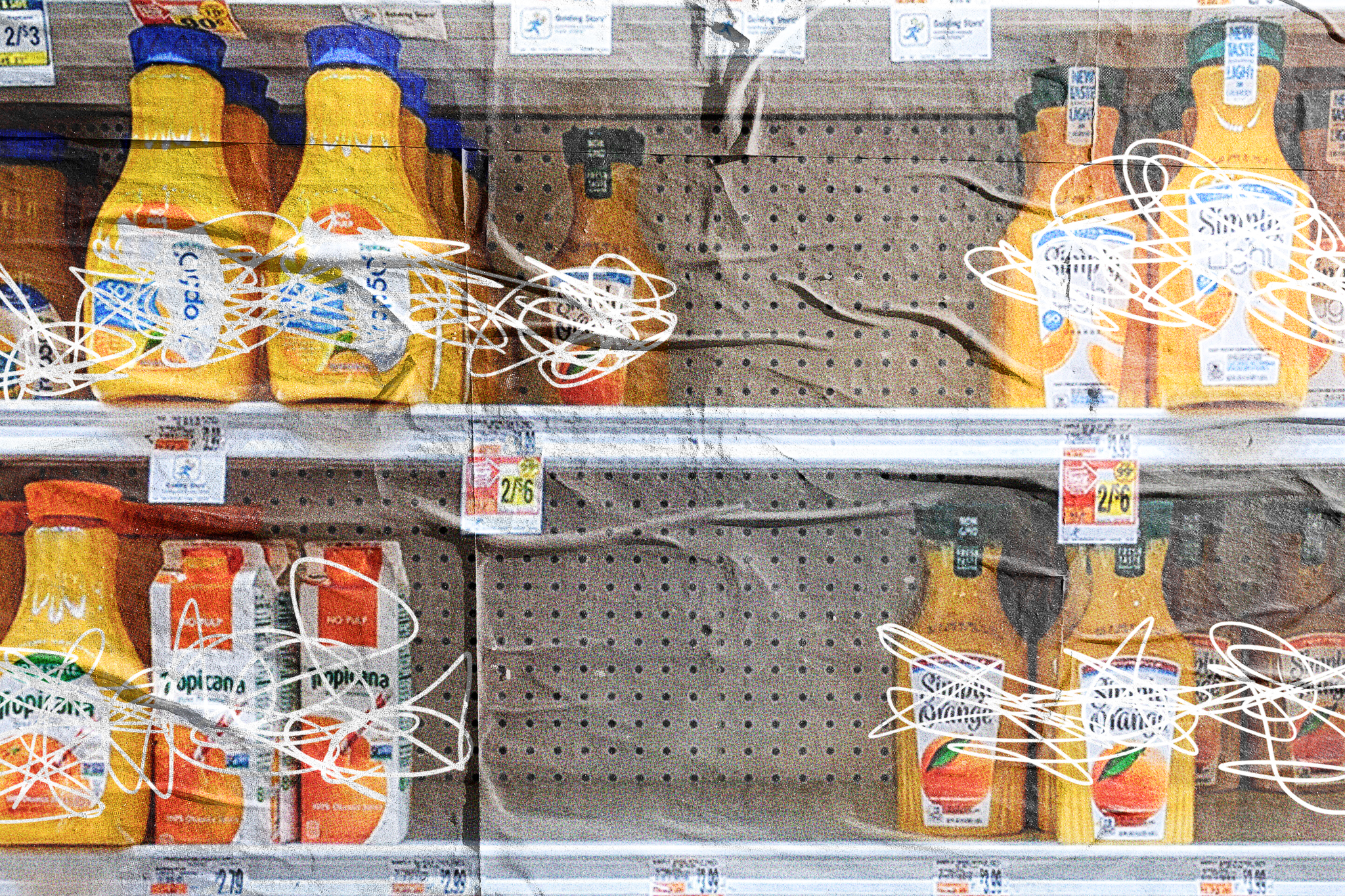If you’ve been out shopping in a Japanese store in the past few months, you may have noticed that your favorite juice isn’t there anymore. It isn’t your eyes deceiving you. Several Japanese orange juice brands have been suspending production, citing the weak yen and a worldwide shortage of oranges.
Gone like Clockwork
In December last year, Asahi Beverages announced that it was suspending production of its 1.5 liter bottles of Bireley’s orange juice due to supply chain shortages and rising costs. Also in 2023, fans of Dole Orange 100% may have noticed their favorite cartons quietly dwindling away. A year ago, Megmilk Snow Brand revealed it was halting operations of its 1,000 and 450-milliliter cartons. However, the 200-milliliter product still remains.
On April 25 of this year, Morinaga announced that its popular Sunkist 100% Orange, found in Lawson and many other convenience stores, will cease production when ingredient stocks are used up.
Weak Yen and Supply Issues
This rapid-fire dwindling of orange juice may come as a shock to many, yet it’s been a problem since 2021. That was when Brazil, one of the world’s largest producers, experienced a particularly dire crop. This continued into 2023, when heavy rains and disease damaged the yearly yield.
Damage to the crops ensured that prices increased across the globe. A report by the Trade Statistics of Japan in March confirmed this, showing that prices of imported orange juice increased by 69% year-on-year. As the yen is particularly weak at this time, the global price increase has made it increasingly difficult for Japanese companies to pay for this kind of product. .
One potential upside to this news is that local sourcing may increase, as drinks companies turn to local suppliers. A concern with this method is whether Japanese suppliers will be able to keep up with the demand.









